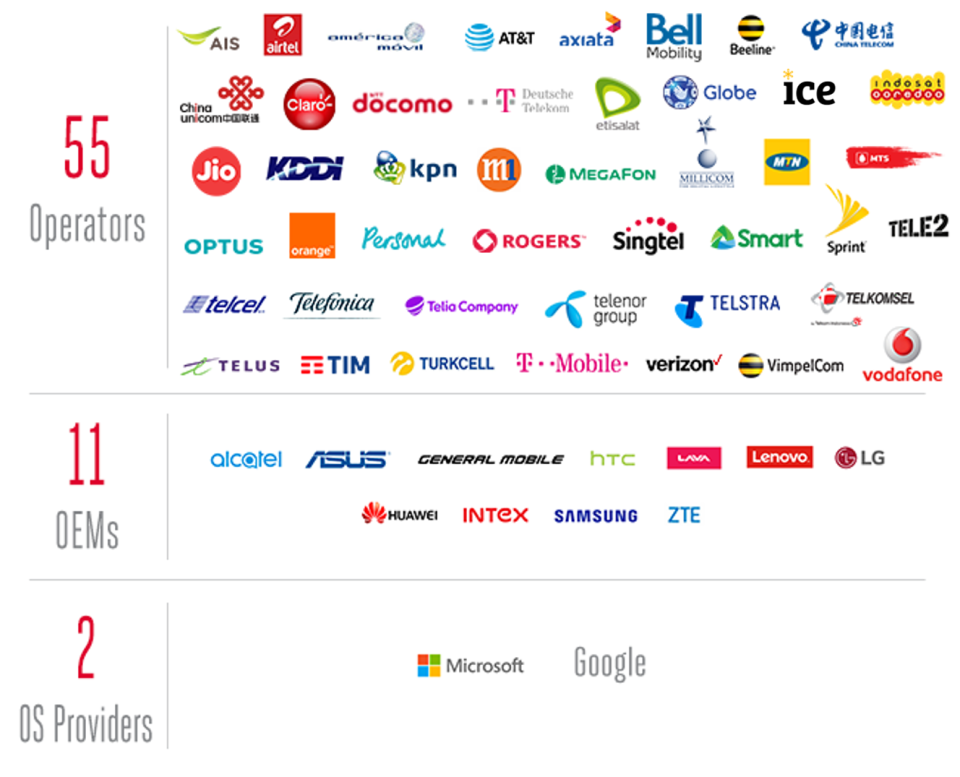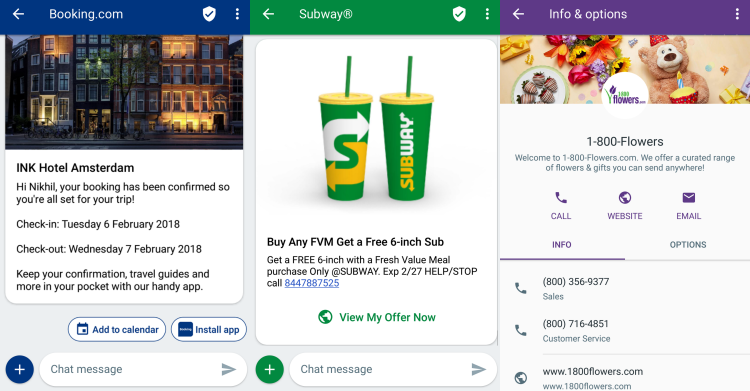testsetset
Google has a complicated plan for its messaging app disaster. The company has concluded there is no easy solution to its messaging mess, and it’s relying on corralling carriers to help. The company is getting closer and closer to a coherent strategy, which is great, but it’s years away from taking shape and frankly doesn’t go far enough, which is unfortunate, at best.
Google gave The Verge the latest update last night. It can be summarized into three big news items. 1. Work on Google Allo has been paused. 2. The resources have been moved to rich communication services (RCS). 3. The effort will be known to consumers as Chat.
Allo

Allo is dead. I don’t care that Google is calling this a “pause” — the app is done. If you’re using it, and very few people are, switch to something else.
June 5th: The AI Audit in NYC
Join us next week in NYC to engage with top executive leaders, delving into strategies for auditing AI models to ensure fairness, optimal performance, and ethical compliance across diverse organizations. Secure your attendance for this exclusive invite-only event.
Duo should be next on the list, but it has seen more success than Allo, so Google is foolishly keeping it around, instead of merging it.
Allo launched in September 2016 as Google’s attempt to build a modern messaging app from scratch. The team learned a ton from the effort, but Allo was largely an exercise. It was doomed from the start, and all the updates were merely feature additions — there was never a focus on growing adoption. Oh, and the features that users actually wanted in Allo were spread across Google’s other messaging apps (Android Messages, Duo, and Hangouts).
“Build it and they will come” is a terrible strategy for a saturated and inherently social market such as messaging.
I’ve said many times before that Google should have merged Allo, Duo, and Android Messages. I was hoping that Allo would get Duo’s functionality and replace Messages by handling SMS and becoming the default Android app.
That’s not happening. Allo is done, Duo is unfortunately sticking around, and the future is Messages, powered by RCS.
RCS

Android Messages is the default SMS app on Android — unless the carrier decides to change it. Google is using this app to push its implementation of RCS so that Android phones can offer features like group messaging, IP voice calls, and file sharing. The service is powered by the Jibe RCS cloud (Google acquired Jibe in September 2015).
But plenty of Android phones don’t use Messages by default or don’t have it at all. Either the phone maker or the carrier makes its own version, and pushes that. Google wants those messaging apps to use RCS.
Google has now partnered with 55 carriers and 11 device manufacturers to pull this off, as you can see above. They have agreed to adopt “Universal Profile,” a standardized way to make RCS work across carriers.
Nobody is currently using RCS. Your phone has to support it, as does your carrier, and you have to be using an app that leverages it. Oh, and your recipient also has to be using a phone, a carrier, and an app that supports RCS.
Upgrading SMS and MMS to RCS is a great long-term goal. Even though the majority of my messages are via Facebook Messenger and WhatsApp, I still send text messages. There are simply scenarios where doing so makes sense, so I look forward to RCS succeeding these ancient technologies.
That said, I’m not convinced Google should be betting everything on RCS. It can’t support features that other messaging apps do, such as end-to-end encryption.
Google should augment Android Messages with features in Allo, Duo, and competitors. Messages could then fall back to RCS if the recipient isn’t using Messages or some other Chat app, and to SMS if they’re on an even older device.
Chat
Chat is essentially the name for the messaging service phone makers and carriers are supposed to build using RCS. We’ll still refer to the technology as RCS, as Chat is really just Google’s latest branding gaffe.
There won’t be an app called Chat, at least not from Google. But hey, maybe some carrier will call their app Chat, just to add to the confusion.
I presume the reasoning for this is jargon. While in some countries people say “SMS me,” I don’t believe anybody says “MMS me.” In most cases, the phrasing is “text me” or “message me.” Maybe Google and company are hoping people will start saying “chat me,” if and when RCS gets some traction.
The fact Chat is really just a branding move is actually great news. Nobody wants yet another messaging app from Google. The company is finally looking at the numbers and realizing it needs to double down on where its users are: Android Messages has over 100 million installs, while Google Allo has over 10 million installs.
But the broader effort around Chat is still an incredibly difficult feat to pull off. Building multiple messaging apps with swiss-cheese and yet complementary feature sets is like shooting yourself in the foot. Getting tens of companies with different priorities to build their own messaging apps that all work with yours, however, is like shooting yourself in both feet and attempting to run a marathon.
Google’s journey to fix messaging is already an incredibly difficult uphill battle. For better or for worse, the company has chosen to make it steeper.
ProBeat is a column in which Emil rants about whatever crosses him that week.

